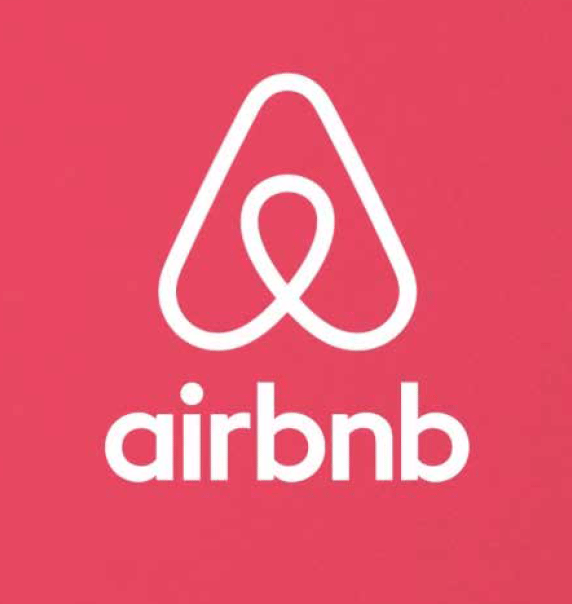Boston’s booming short-term rental industry could be dramatically reined in under a new proposal from Mayor Martin J. Walsh. Walsh filed a bill with City Council that would all but eliminate investor-owned apartments from being rented by the night. It would allow people to rent — short-term — a room in their home, or a spare unit in a two- or three-family building, if they own and live in the property. Councilor Michelle Wu has joined with the Mayor to promote this newer version of the legislation. Walsh had filed one in January.
Wu had also filed a bill and stated that, “This ordinance offers reasonable regulations of short-term rentals to close corporate loopholes, protect our housing stock and stabilize neighborhoods. I’m proud to support this legislation.”
Walsh said the proposed rules are an attempt to protect the city’s housing stock from an industry that critics say has turned too many apartments into “de facto hotels,” while at the same time continuing to allow homeowners to earn extra money through popular websites like Airbnb.
The bill generated heated testimony at recent City Council hearings packed with advocates for and against such rentals. The lobbying has continued since then, with neighborhood groups, housing advocates, and organizations with ties to the hotel industry pushing for tougher rules, while short-term rental operators lobby for regulations that protect their business.
Airbnb has waged e-mail and phone call campaigns to thousands of local customers, urging them to support “fair regulations,” and has radio ads from homeowners who say that this opportunity if “the only way I can afford to stay in Boston.” Homeowners use the Airbnb model to supplement their income in the same way folks drive for ride share companies like Lyft and Uber. This proposal may preserve that opportunity.
The new proposal eliminates the investor category altogether, though it would let corporate housing providers offer stays of at least 10 nights, and still allow building owners to ask the Zoning Board of Appeals to rezone residential apartments as commercial units, a step few take now.
In hearings earlier this year, other council members — especially those representing neighborhoods of the city that get less tourist traffic — worried about squelching business that could benefit their constituents. Airbnb recently bolstered those concerns with a study saying its guests last year generated $46 million in economic activity in Dorchester, Jamaica Plain, Mattapan, and Roxbury.










